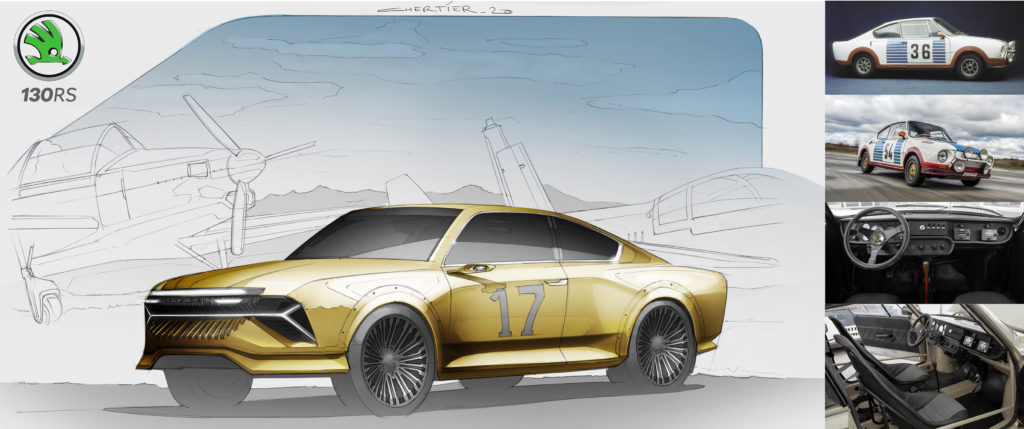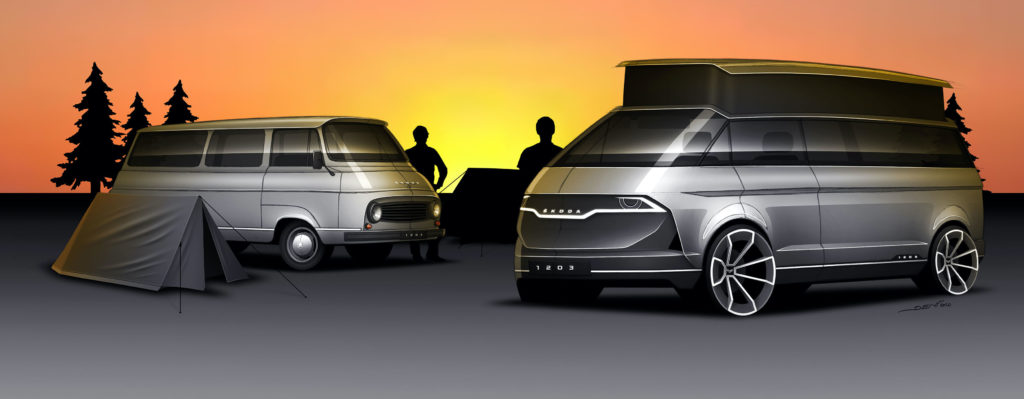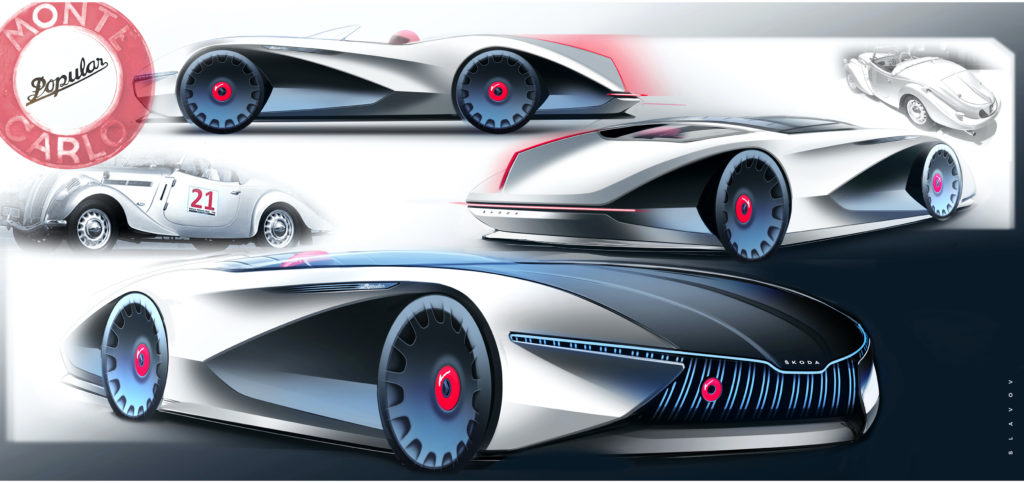When people vaguely refer to “mobility” they could mean almost anything (Flying Taxi Drones! Chrysler Pacificas!), which is why the term means almost nothing. One common theme, though, amongst the mobility mob is that car ownership will vanish. Cars are like toothbrushes, the argument goes, used in the morning and the night and then mostly sitting there throughout the day so why not let someone else use it?
You can see car companies putting a toe into the water with programs like Maven and Care by Volvo. It is clearly a solution for some people, though I’m not willing to wait an hour to brush my teeth and, frankly, I don’t want to share a toothbrush. But let’s assume it’s something that will work for many people.

I love driving but I abhor commuting, which makes me like a lot of enthusiasts. I live just outside New York City and within a mile of a busy train station so, when I need to go to the city (in a non-pandemic situation), I can just walk out my front door and hop into one of many commuter trains. It’s great. I can work on the train and go for drinks after a meeting and never have to worry about driving. This is, in theory, the appeal of shared driverless cars for many.
If you live in a suburb, the reality of the built environment is that you can’t efficiently hope for a shared car solution to work unless you spend most of your time working at home (maybe!) or can have some sort of flex hours. Perhaps the world will reorganize itself around convenient transit and this problem will be solved, but there isn’t seemingly enough TOD in the works at the moment to help everyone. If you’re a person who needs or wants a truck you’ll also probably own a truck.
I am happy to have my commuting burden taken over by someone/something else (just hail me a Johnny Cab), but I’m always going to have two itches that I’m gonna need to scratch: (1) Drive something fast on a twisty road and (2) take a camper somewhere off the grid.
While some carsharing is built on the premise of accessing a brand’s full range of cars and, thus, you can take the SUV during the week with the kids and sports car on the weekends, part of the appeal of the experience is owning and customizing it. The same can be said of a camper. I want my camper laid out my way.

It’s therefore conceivable that in the future, if my basic commuting needs are taken, one of the last two vehicles I’ll personally own is camper/RV or a sports car or both. I imagine that in a world full of reliable autonomous cars I’ll want the most analog and unreliable thing I can find, like an old Alfa. But maybe not. Maybe I’ll still want something with a few creature comforts. Maybe I’ll be full-blown midlife crisis.
I bring all of this up because the design team at SKODA wanted to look at what the future of the brand could be and they chose sports cars and campers to draw. (Aside: SKODA is the Czech sub-brand of Volkswagen and I am mildly obsessed with them as part of what started out as a running gag but has turned into real, actual appreciation). Sure, there’s one open-top autonomous thing designed to look like the company’s first car, but the rest are the good stuff.
Up first is the 1203 Camper, which is a modern version of the 1203 van that the company made from 1968 well until the 1990s and served as a police truck, an ambulance, a plumbing van, a whatever you wanted. In this modern form it’s an EV (ok, fine) and also a camper. Why? Because that’s what people in the future are going to want. #Vanlife isn’t going anywhere. I’m sure we’re all going to want to be near people as soon as the pandemic is over and then just as quickly realize we want our space back.
They also made a Felicia Cabriolet that looks like a lot of fun, a Popular Monte Carlo, and the brand’s iconic (if you’re Czech or weird) 130RS sports car. While these are design exercises and SKODA insists they have “…no specific plans to develop any of the designs created as part of the icon project, the brand’s design team continues to seek inspiration from the past, the present and future environments.”

Yeah, man, they ain’t designing econobox taxis.
Which gets back to the point of all of this. I don’t particularly want to own the efficient people mover if I don’t have to. If, eventually, car ownership because a thing we do for fun and not for life then I’m definitely going to want something that’s actually fun.
